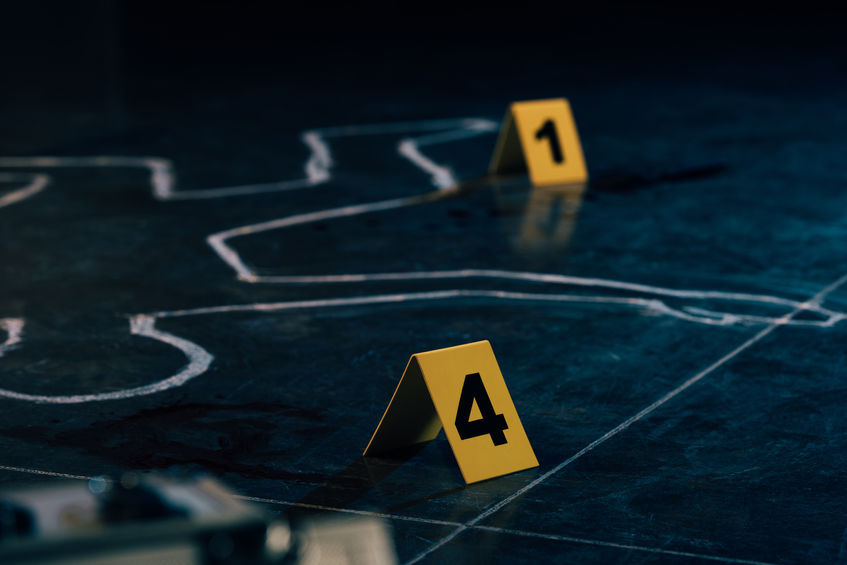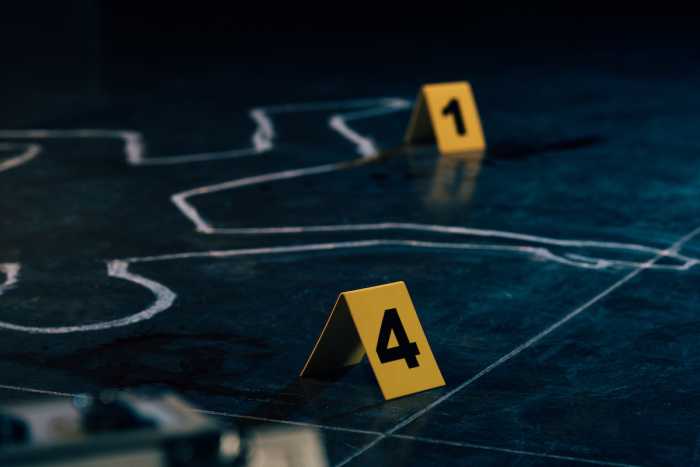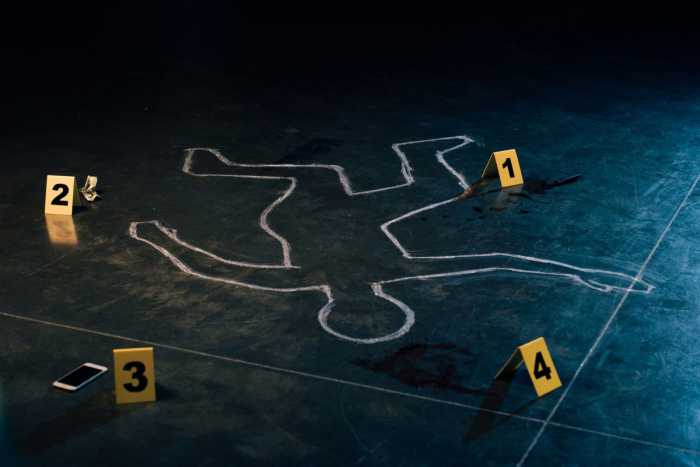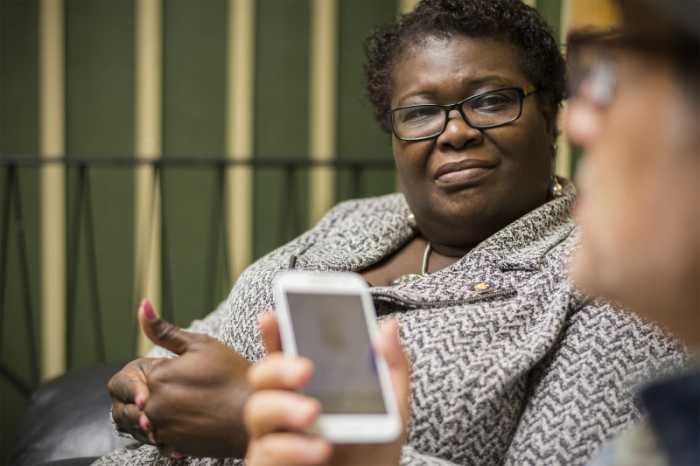District Attorney Melinda Katz announced today the creation of the first Cold Case Unit in Queens County, dedicated to investigating and solving the borough’s oldest and most challenging unsolved homicide cases.
The Unit will work closely with the New York City Police Department’s (NYPD) Cold Case Squad in investigating unsolved homicide cases in Queens County in seeking to help to provide justice for all crime victims no matter when the crime was committed.
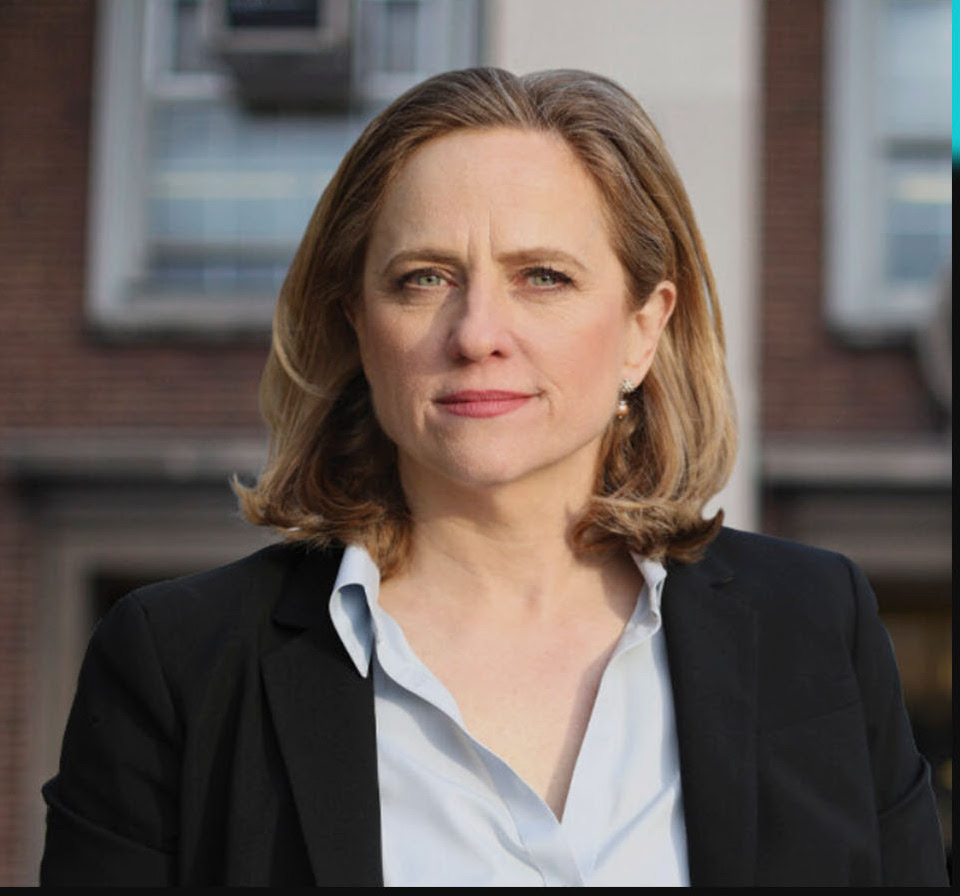
“The loss of a loved one to a brutal and senseless act of violence brings unimaginable pain to families and loved ones of the victim. Not knowing who committed the crime and having justice elude them for years and in some instances decades is an additional heartache. This new Unit will aggressively re-investigate these unsolved murders. The goal is to find the killers and give the families of the victims the long-awaited justice they deserve,” said Katz.
NYPD Commissioner Dermot Shea said while time passes, NYPD detectives are relentless and never stop working to bring justice for past crime victims and those they leave behind. “We’re proud to join together with our partners in the Queens District Attorney’s Office in ensuring that cold cases are never forgotten.”
While the number of homicides in Queens has declined dramatically in recent years, there are still an unacceptably high number of unsolved murders due to previous decades of violence. The homicide rate began in the triple digits in 1970 and remained in triple digits for nearly 30 years. The number of homicides peaked at 341 in 1992. Today, there are still approximately 2,200 unsolved homicides in Queens.
The new Cold Case Unit will take advantage of advancements in forensic technology and the creation of nationwide databases which could potentially identify suspects in these unsolved homicides. Some evidence that was once thought unsuitable for testing or once yielded inconclusive results may now be considered suitable and may in fact provide probative evidence in an investigation, including the identification of a suspect that was once unknown.
In addition, there has been an increase of profiles contained in national databases and along with familial DNA testing, these investigative tools could produce not only new leads, but could also solve a case once considered unsolvable.
The Cold Case Unit has implemented a database to track unsolved homicide cases and to digitalize cold case files for the preservation of documents and evidence over time. The Unit is already investigating 35 unsolved murders within just 2 months since its inception in March of 2020.
“Collaboration with the community is going to be essential for the success of the Unit,” said Katz, who knows that the public plays an important role in generating new leads in unsolved cases. The DA’s Office will be posting requests for information through social media sites as one means to actively engage the public in its investigations.
In creating the Cold Case Unit, Katz also announced that she has appointed veteran Queens prosecutor Karen L. Ross as its Chief. Ross is a career prosecutor who has been with the Queens District Attorney’s Office since 1998 and has an abundance of experience in homicide investigations and trials. This includes the successful prosecution of many of Queens most notable cold case murders over the last 15 years.
In 2019, she received the prestigious National Crime Victims’ Rights Award for her dedication, compassion and kindness working with crime victims.
Most notably, in 2018, Ross obtained a conviction in the 2008 slaying of 14-year-old Sabrina Matthews, who was found with her throat slashed lying in a pool of blood in her own home. The gruesome case went unsolved for nearly a decade until DNA analysis helped solve the case.
In 2014, Ross tried and convicted Andrew Caballero for the 1995 murder of 21-year-old Jason Kollman. Caballero stabbed Kollman 15 times in the neck and upper body and then threw him off the roof of the apartment building. The case remained unsolved for years until new witnesses came forward leading to Caballero’s arrest.
Ross also prosecuted Victor Clemente for the 1986 murder of 32-year-old Fred Drapete. Clemente shot Drapete 9 times while he chased him around the basement apartment while Drapete’s daughters, who were 4 and 5 years old at the time, witnessed part of the violence. Clemente had been a fugitive from justice for 20 years until he was located in California when fingerprints he submitted for a job revealed he was wanted in regards to this slaying. In 2008, Clemente was found guilty by a jury of murder in the second degree.
“The justice that was ultimately served in these cases proves that while murder investigations may grow cold, they are never forgotten and neither is the justice that is owed to the families and their loved ones,” said Katz.


